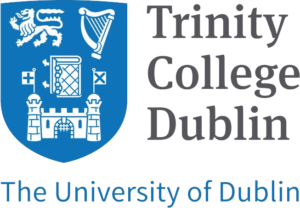MSc in Computer Science: Future Network Systems
Key points
The new Master of Science in Computer Science has a common set of entry criteria and leads to a Master of Computer Science, specializing in one of four exciting areas: Data Science, Intelligent Systems, Virtual and Augmented Reality, and Future Networked Systems. The course is designed and taught by staff who are leading experts in their fields and the course content is inspired by their cutting-edge work as well as their contacts with leading industry researchers around the world.
The Future Networked Systems branch is about how things get smart and connected as software systems are increasingly integrated into our everyday environments, from mobile social media to managing city resources, such as the road traffic. Dealing with large-scale, cyber-physical and distributed systems requires novel approaches that address the challenges of timeliness, security, privacy, and scale. The chapter builds on research activity within the CONNECT national research center and a long history of innovation and start-ups at the school.
The course is taught over a full calendar year, with two 12-week semesters of face-to-face modules, which include attendance at labs and lectures, followed by research work during the remaining summer months for the master’s dissertation.
Program structure
Admission requirements
- Bachelor of Computer Science or strongly related discipline. Notes and title must be officially translated into English.
- A standard of proficiency in the English language that will allow full participation in course work, class work, and other activities; this means an IELTS level of 6.5 overall with no component below 6.0.
- The candidate must be able to be fully proficient in programming in C, C ++ or Java [for graphics and vision technologies, must have or acquire proficiency in C ++].
- The student must have a strong work ethic and the determination to commit strongly to this program. This means, for example, that it will be extremely difficult to take the course while maintaining a part-time job.
Learn more about our educational offer
Request your quote
An advisor will contact you by phone and email within the following hours

